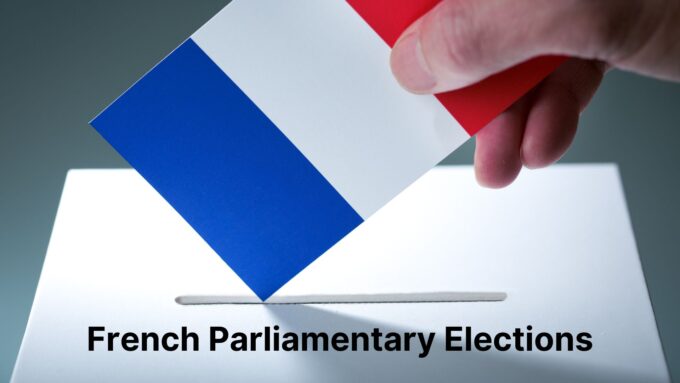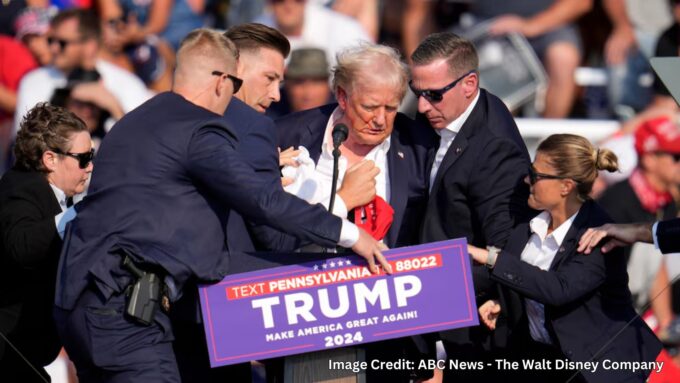Weekly update
Weekly Newsletter
Excepteur sint occaecat cupidatat non proident
IMPLICATIONS OF PEZESHKIAN’S ELECTION ON DOMESTIC POLITICS AND GEOPOLITICS

Masoud Pezeshkian, Iran’s new president, is a well-known reformist and former health minister. He gained considerable support due to his opposition to mandatory hijab enforcement and the Morality Police, viewing these as sources of social conflict. He has won Iran’s presidential election with 53.3% of the vote, defeating his conservative rival Saeed Jalili, as announced by the national election authority on Saturday. According to Press TV, Pezeshkian garnered 16.4 million votes, while Jalili obtained 13.5 million votes. The turnout was 30.5 million, representing 49.8% of the 61 million eligible voters.
The run off was contested by 2 candidates namely Pezeshkian, who leads the “Reformists” and Saeed Jalili. Jalili serves as the representative of the Supreme Leader in the Supreme National Security Council and has previously run for the presidency twice. He is described as a “hardliner” and was a vocal opponent of the Western-sponsored nuclear deal. However, one of his major campaign promises includes rapidly reducing inflation which has plagued the Iranian economy ever since the COVID crisis.
How is the President of Iran elected? The President of Iran serves a 4-year term. There are some requirements for candidacy which include: the candidate be of Iranian origin, they be a citizen of Iran, they be reputable and qualified to be care-takers of the Republic, they be thoughtful and possess management abilities, they believe in Islam and the principles of the Islamic Republic and lastly, they be persons with a record of religious and political affiliation. Once a candidate has been registered, the names are then sent to a Guardian Council [GC] The GC then vets the name of the candidates according to established law and subsequently disqualifies the candidates who fail to meet the requirements. Once the vetting procedure is completed, the list is forwarded to the Ministry of Internal Affairs.
The election followed the death of President Ebrahim Raisi in a helicopter crash, with Pezeshkian and conservative Saeed Jalili emerging as the leading candidates. Pezeshkian won over 8.3 million votes, leading to a runoff against Jalili. His campaign was significantly boosted by the endorsement of former President Mohammad Khatami, who “emphasized the need for structural reforms in Iran and commended Pezeshkian’s commitment to justice and honesty.”
What are his policies? Well, he seems to want to implement a policy of complete dollarization and privatization of the Iranian economy, which could mark a significant change in the economic outlook. The country has been the victim of Western sanctions which have severely limited the scope of trade and access to foreign goods. Now the question of whether the new President will implement such policies remains dicey due to his recent statements on foreign policy.
He also seeks to introduce a policy of decentralization of planning in central banks along with weakening central government controls and cutting subsidies. However, Pezeshkian’s aims to join the Financial Action Task Force have come under attack by other candidates since it could enable the US to implement its sanctions more effectively.
The new president of Iran, the reformist Masoud Pezeshkian, will not change the Islamic Republic’s policies towards the West and Israel, which is a significant shift from his electoral policy of improving relations with the west. – CNN “Western countries do not expect these elections to change their relations with Iran,” as well as “the trajectory of Iran’s relations with Israel.” CNN writes that, ahead of the elections, Iran’s supreme leader Khamenei condemned those who seek to improve relations with the West. “And Pezeshkian publicly stated that he would rely on Khamenei on foreign policy matters.” Pezeshkian also praised the head of the Islamic Revolutionary Guard Corps, General Qasem Soleimani, who was killed on Trump’s orders. “I consider him a source of national pride and a thorn in the eyes of our enemies,” he said during recent presidential debates.
The presidential elections of Iran marked a crucial point for global and middle eastern geopolitics. If Pezeshkian opts to implement his pro free market and pro western foreign policies, then it would mark a significant geopolitical shift in the region which can have wider implications at the global level. Iran has been a major player in the middle east ever since the Iran Iraq war of the 80s. Its unofficial alliance which is known as the “Axis of Resistance” which is an alliance of Iran and its middle eastern proxies such as the Hezbollah, Hamas and other Shia militant groups in Iraq and Yemen serves a counter balance to Israel and NATO influence in the region. Initially, many experts hoped that the victory of the reformists would lead to a detente with the Americans and possible re negotiations regarding the nuclear deal, but these hopes were quickly dashed by Pezeshkian’s recent announcements.
The French Parliamentary Elections:- A messy yet surprising outcome
The left-wing New People’s Front has secured a stunning victory in the...
Trump’s Assassination Attempt: – A final nail in the coffin to the Biden campaign
At an election rally in Butler Pennsylvania, Thomas Matthew Crooks, a 20-year-old...








